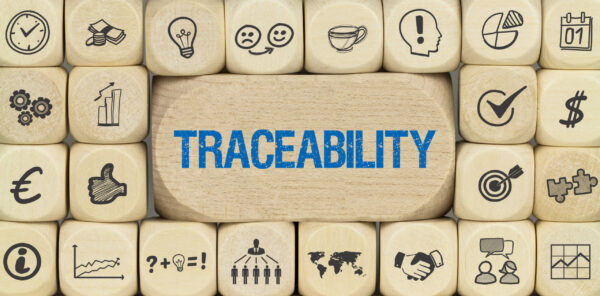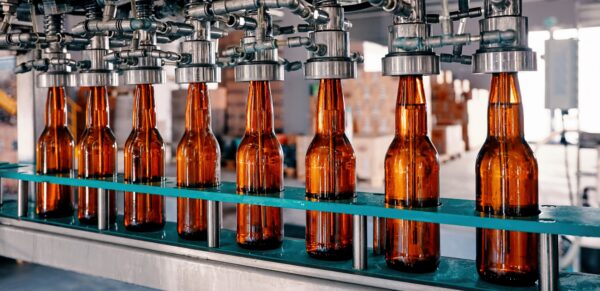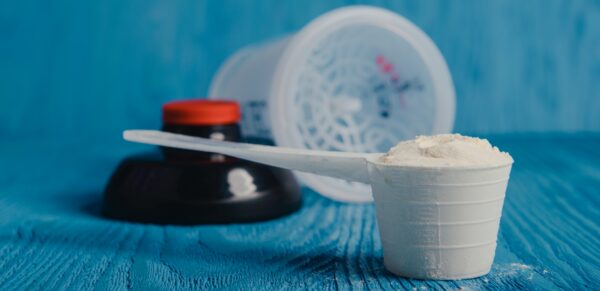How can you guarantee the traceability of your dietary and nutraceutical products?

Traceability is an essential concept in food quality and safety processes. It makes it possible to monitor the conformity of products throughout their manufacturing chain and life cycle. This article shows how to guarantee the traceability of your products, and includes some practical advice from JLB DEVELOPPEMENT.
Traceability in the nutrition and health sector
What is traceability?
Traceability ensures the availability of all required information regarding the composition of any material or product at every stage of its production, processing and distribution chain, from the origin of its raw materials through to its sale. Traceability rules and good practices are determined by standards and/or national control bodies. In the European Union, food traceability falls under the control of the European Food Safety Authority (EFSA).
The importance of traceability
Traceability plays a fundamental role in quality control. After all, it is only by ensuring the quality of the raw materials used, and by following correct processes, that a product’s conformity during manufacture can be guaranteed. Next, monitoring the product during distribution ensures its quality when it reaches the consumer.
There are two types of traceability:
- Bottom-up traceability: this involves identifying the origin of a product
- Top-down traceability: this makes it possible to track a product’s journey from manufacture to consumption
Traceability also makes it possible to manage non-conformities when they are present, at different levels:
- management of non-conformities in a preventive manner to avoid their occurrence
- management of non-conformities in a curative manner,e. dealing with them very quickly, and managing any problems caused by them
- management of non-conformities in a corrective manner,e. correcting the problem at source to avoid future non-conformities of the same type
Traceability upstream from production
To be sure of a good product, it is first necessary to choose quality raw materials.
It is therefore important to select suppliers who are fully proficient in the traceability process.
In this way, you will know the precise origin of raw materials and, alongside analysis reports, you will be able to check compliance with defined specifications.
In Europe, several standards and regulations have been implemented to guarantee correct agri-food traceability. These include:
- The EEC Hygiene Directive 93/43 of 1993 (abrogated by Regulations 852/2004 – 853/2004) governing the safety and hygiene of processed and unprocessed food of animal origin. This defines the hygiene rules for each animal category. This regulation imposes strict requirements, particularly regarding product traceability.
- The EC General Food Law Regulation 178/2002 (Article 18) of 2002
- The EC Regulation 852/2004, applicable as of 1 January 2006.
- The DGAL memorandum to the DGCCRF on traceability control within the regulatory framework
Traceability during and after production
Traceability during production
During production, the traceability of a dietary, nutraceutical or sports nutrition product must continue to be ensured by the manufacturer. This is achieved by monitoring correct functioning of equipment and manufacturing processes, and by controlling product quality all along the production chain.
Where non-compliance is detected during production, action must be taken very quickly to rectify this and minimise its impact on the batch. Procedures must then be implemented to prevent the appearance of new anomalies or, failing this, to detect them at an early point.
Post-production traceability
Post-production traceability is just as important as upstream traceability. This makes it possible to ensure that the product received by the customers or end consumers is the same quality product dispatched by the manufacturer.
Various techniques exist to ensure correct traceability downstream of production:
- The use of barcodes: each product has a barcode that is scanned at every stage of its journey, to ensure that its route can be traced and that its quality is maintained.
- Radio-identification: a technique which is increasingly replacing barcode technology and has proven effective in numerous sectors. This involves a system that allows data to be retrieved and stored remotely using sensors called tags or markers.
JLB DEVELOPPEMENT’s guarantees
As a manufacturer, JLB DEVELOPPEMENT monitors its nutraceutical products and the raw materials of which they are composed. It is vital that it can guarantee a product’s quality throughout its life cycle.
As such, JLB DÉVELOPPEMENT does not use raw materials in its products without having first checked that the suppliers’ analysis reports are compliant with defined specifications, whether in relation to microbiological, physicochemical, organoleptic or nutritional requirements. In addition, JLB DÉVELOPPEMENT employs a control plan for certain critical materials.
As part of this, JLB DÉVELOPPEMENT selects its suppliers very meticulously, and sources raw materials traced from their origin to their arrival with the supplier. This is a reliable and efficient sourcing process.
Once the product design phase is complete, as well as tracing the product through each stage of its production chain, JLB DÉVELOPPEMENT conducts microbiological, physicochemical, organoleptic and nutritional tests. No product is marketed without these tests meeting the required standards and, most importantly, the specifications established with the customer.
JLB DEVELOPPEMENT also uses an Enterprise Resource Planning (ERP) system which oversees all on-site consumption and traceability.
Finally, JLB DÉVELOPPEMENT monitors shipped products until they reach its customers, assessing their quality and traceability at the request of the manufacturer. This procedure enables real-time reporting on the quality of products and their production processes, allowing the laboratory to pursue constant improvement.
Thanks to this demanding system, JLB DÉVELOPPEMENT customers are guaranteed nutraceutical products they can trust.


